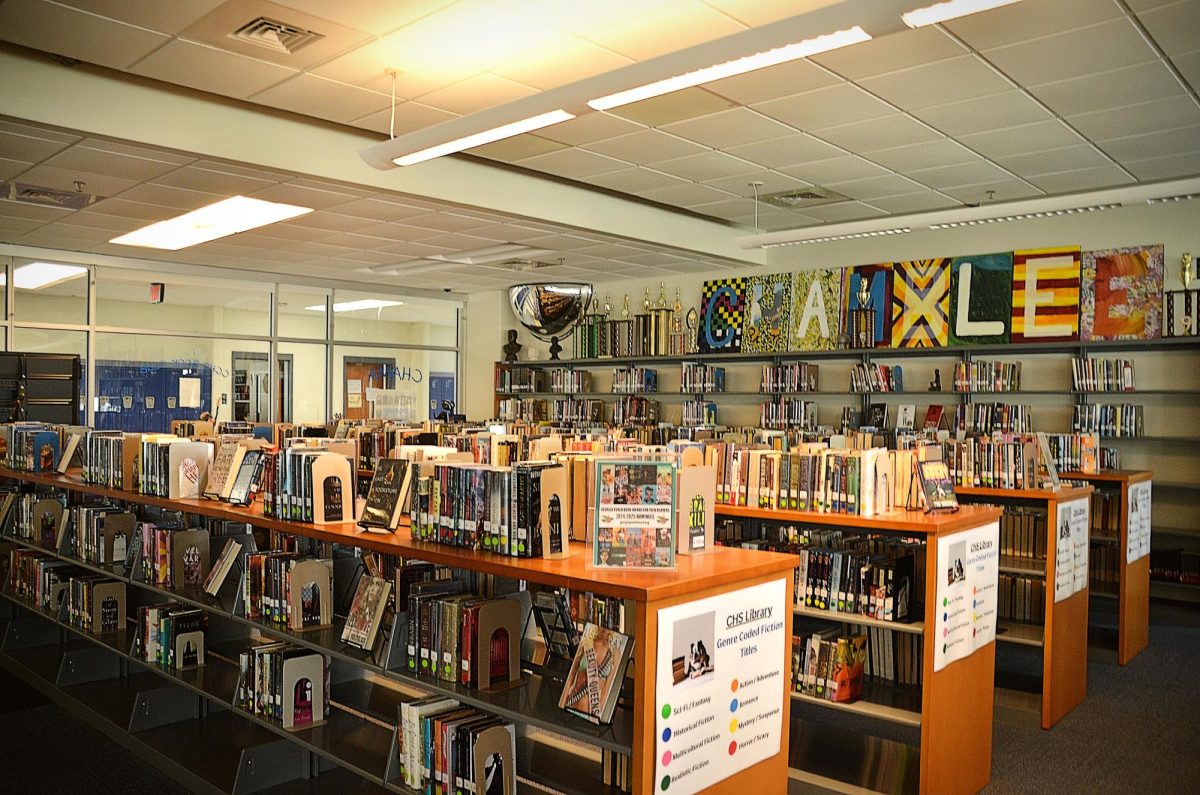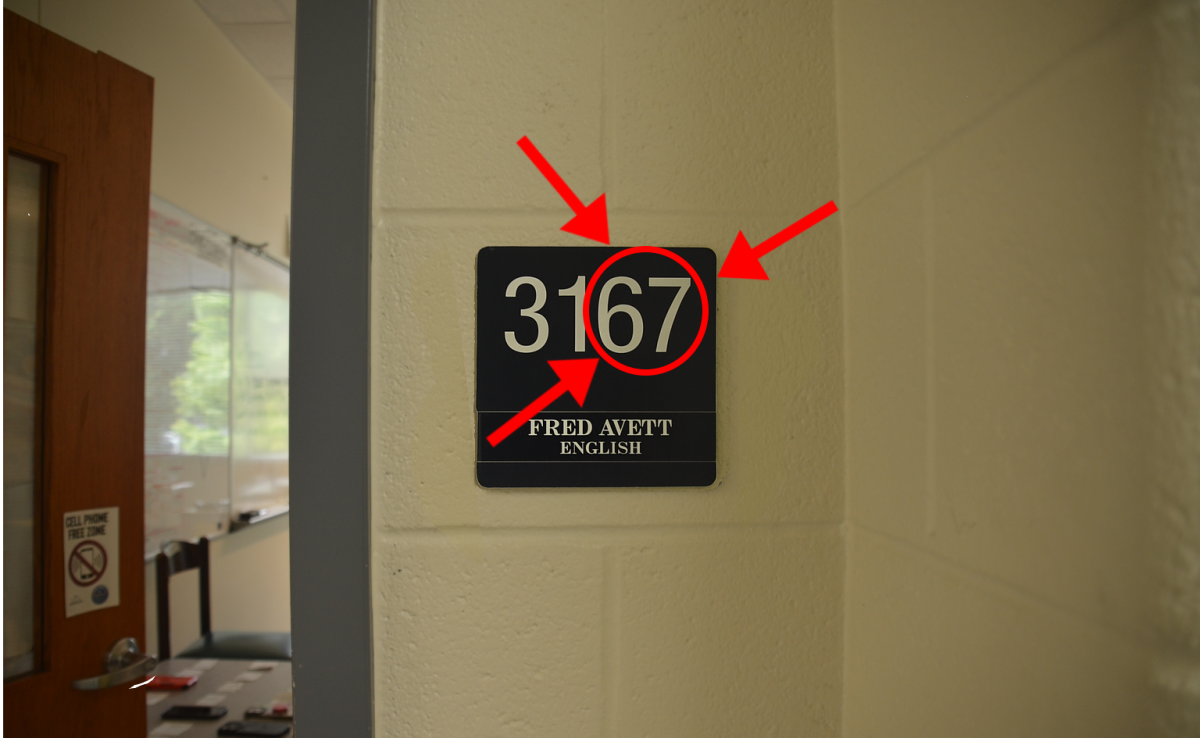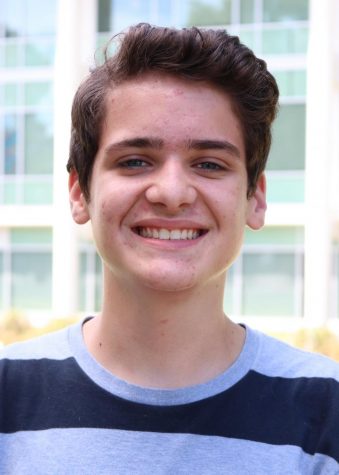Most of the time when a teacher is absent for a day or two, they get a substitute teacher, and then they come back. However, this isn’t always the case. In a few bizarre scenarios here at Chamblee Charter High School, teachers have left abruptly, leaving the students in a completely new environment for the rest of the year.
“It’s hard for students when teachers leave,” said sophomore Victoria Ordonez. “The transition is especially difficult when you are used to one class giving you a deep understanding versus [a new class] giving only book work.”
Most recently, new Spanish teacher Vanessa Sheets left suddenly shortly before Thanksgiving Break, reportedly because of a family crisis.
“We just walked in one day and all the posters were gone,” said junior Lauren Carter, a student from one of Sheets’ former classes. “There was a sub and we were just told she had a family emergency in Peru.”
Theresa Anderson temporarily took over for the class, trying to help them prepare for their fall semester final.
“She [Anderson] has been trying to give us stuff to do,” said Carter. “She is trying to help us as much as she can to make sure we learn.”
For freshman Pierce McDonald, the class has gone radically down hill since Sheets left.
“Class is going badly now,” he said, “because we only have [substitute teachers] who give us busy work.”
Last school year, Jenny Sue Green, a former world literature teacher, also left midway through the first semester.
“I know she had taught online school for like 10 years and I think she wanted to try teaching at a public school but it was too much for her so she just left,” said junior Ivy Catherine Rogers, one of Green’s former students.
The students ended up having substitute after substitute following Green’s departure.
“I remember we had a few different subs while she was gone before they got the new teacher, but Mr. Welser gave us assignments and he would grade them,” said Rogers. “He was the one giving us all our work.”
Despite the abrupt vacancy, Rogers says the actual class didn’t change very much.
“We never really did anything to begin with. If I’m being honest, it didn’t really change that much,” said Rogers. “When she was here, we would just go over something and then she would give us an assignment, and only some people would do it. That’s [the same as] how it was with Mr. Welser.”
For senior Sakshi Sehgal, however, class changed radically last year after her AP Chemistry teacher, Pamela Gilbert-Smith, had to take over Tamara Hunter’s classes after she was fired.
“Basically, [Gilbert-Smith] went on extended day schedule, meaning she taught six periods to cover the other teacher’s original classes and students,” said Sehgal.
For all of Gilbert-Smith’s former AP Chemistry students, their second semester was spent online.
“We were informed maybe early January via email that she would no longer be teaching our AP Chemistry class and that we would be taking the Georgia Virtual online version under the virtual instructor Mr. John Rolader,” said Sehgal. “I was familiar with Georgia Virtual School, but not in taking an online science and lab [based] AP. Basically, we were on a sixteen week schedule with assignments due every other week. We also had online tests and quizzes and an occasional lab maybe once a month that went with the unit at hand.”
The students spent their second period block in the library on the Mac computers, under the supervision of librarian Christine Holland and Assistant Principal Candace Steadman.
“Everyone kind of worked at their own pace, but we would talk problems and practice questions out if we needed to, so it worked out pretty well,” Sehgal said.
Similarly, AP Human Geography teacher Jeremy Karassik left Chamblee between semesters; however, instead of online school, his students got a completely new teacher, Allison Castle.
“I was in shock,” said Ordonez. “[Karassik] was honestly just an amazing teacher and I missed him a lot second semester.”
According to Ordonez, the classroom environment completely changed with the teacher transition.
“Mrs. Castle definitely gave a lot more work, but with Mr. Karassik, we took a lot more notes, so we also got a more in-depth understanding,” she said. “People didn’t take the class seriously [second semester], and people dropped out too, because Mr. Karassik had a special interaction with his students where they knew they had to do work but they could still mess around a bit as long as they learned.”
Despite any inconveniences, Ordonez understands that teachers have to make hard decisions when it comes to balancing work life and personal life.
“Even though we are going to miss them and it’s a really weird transition, I know it’s what’s best for the teachers,” she said. “Obviously they made this decision for a reason, they can’t just up and leave.”







